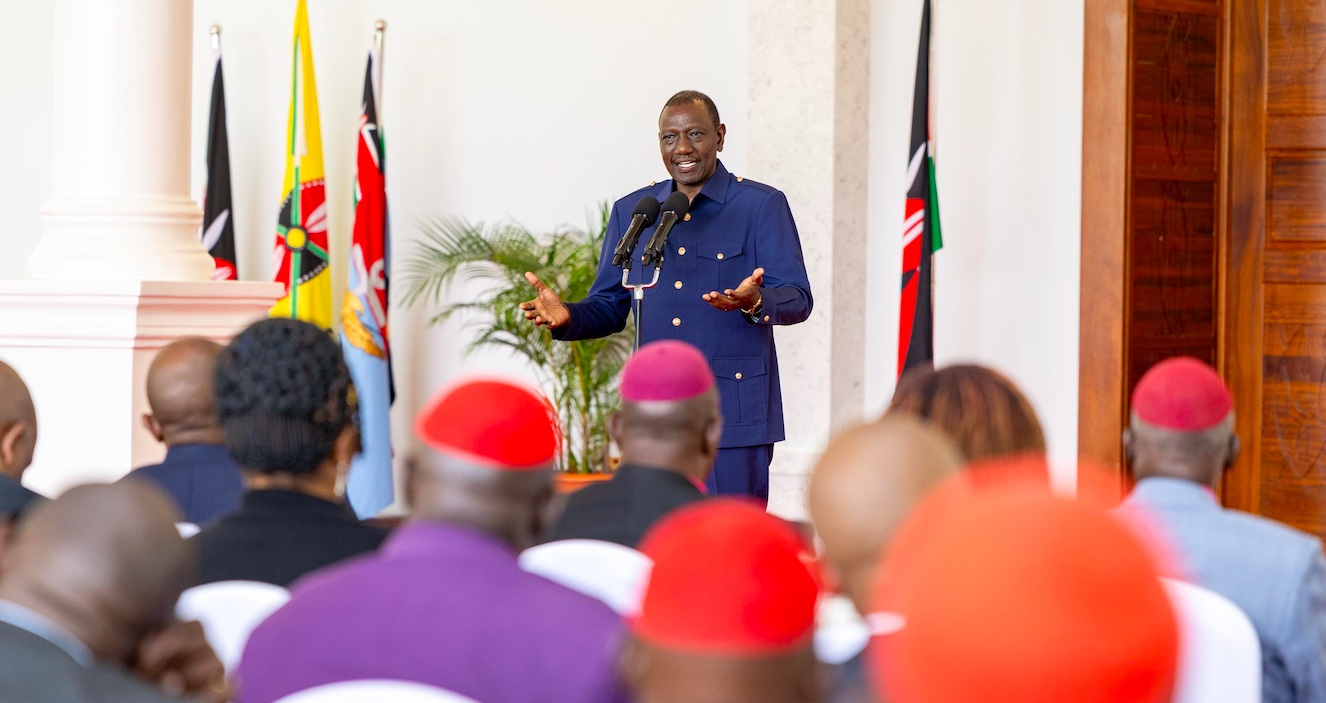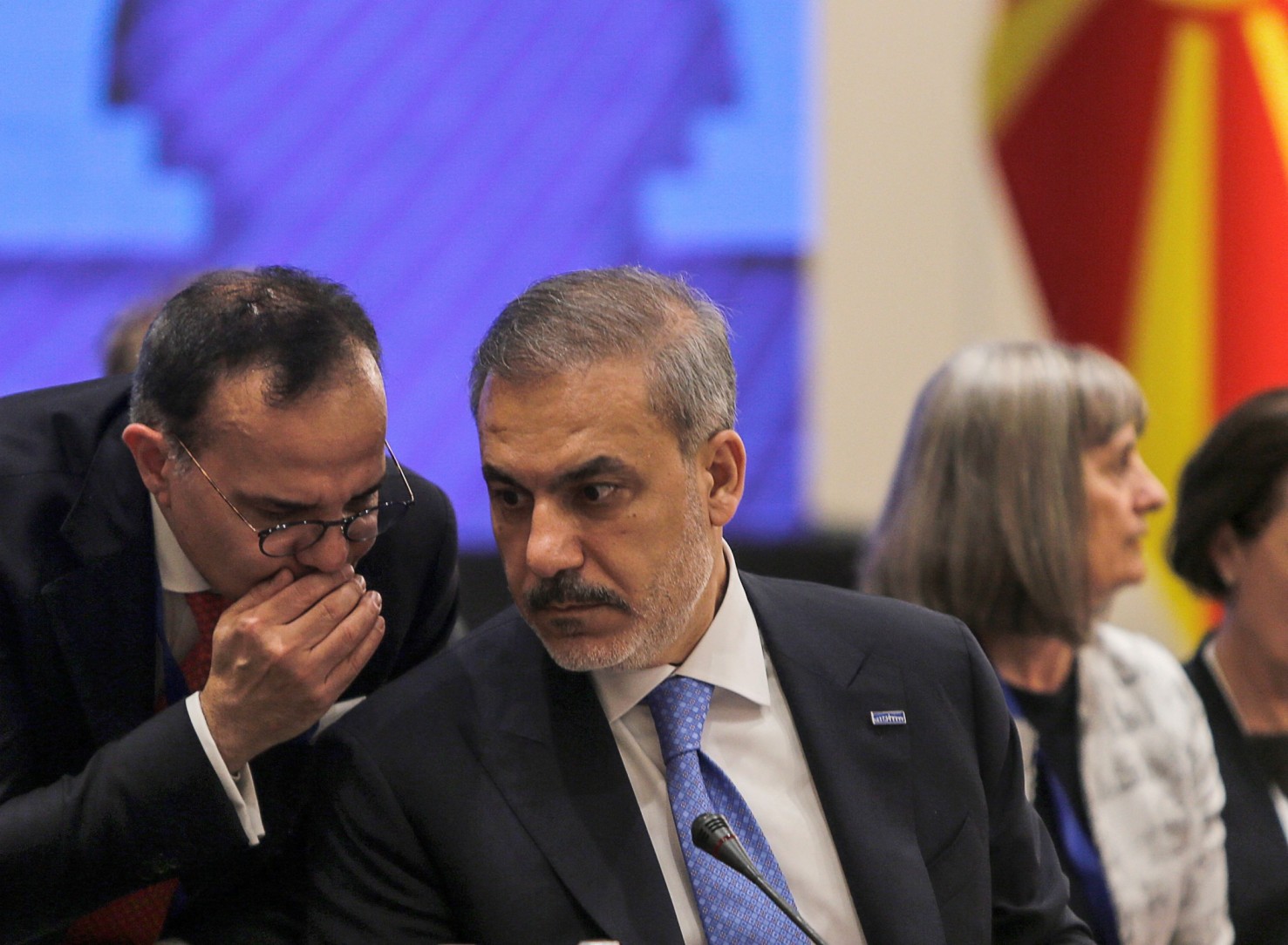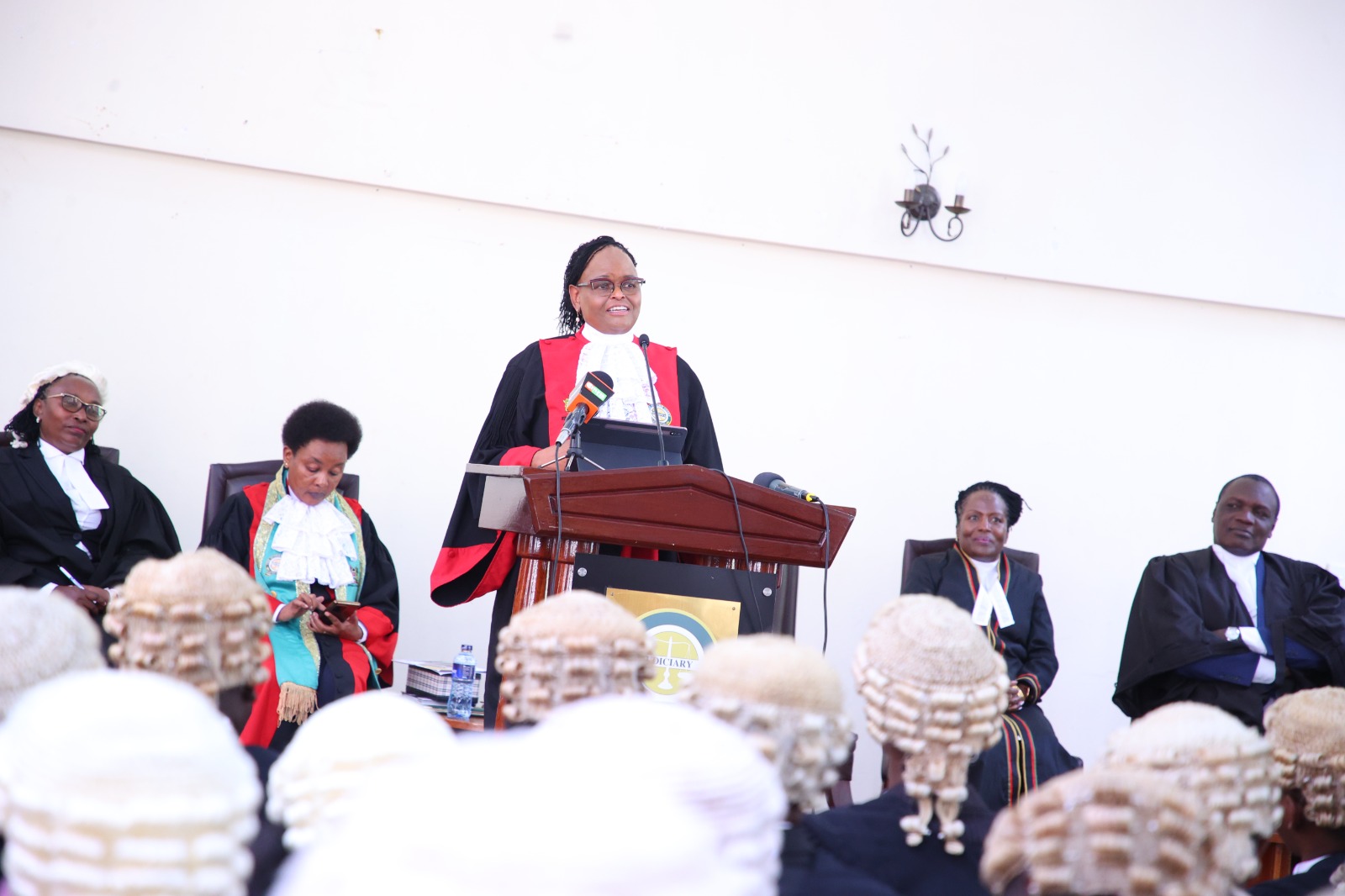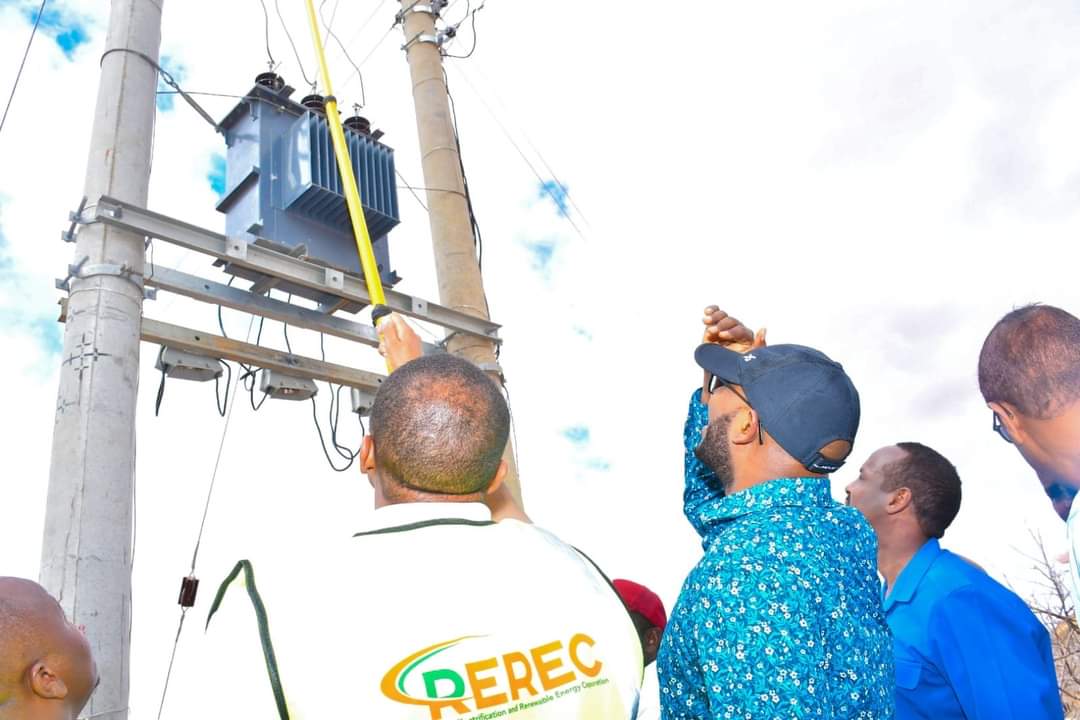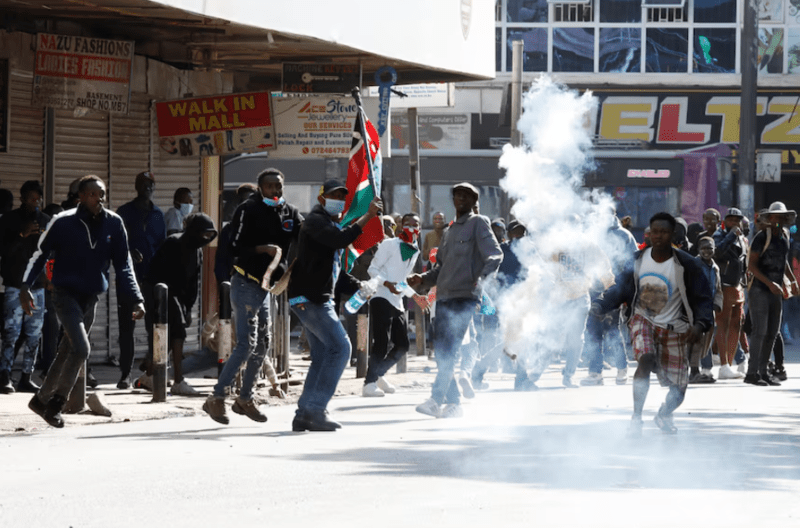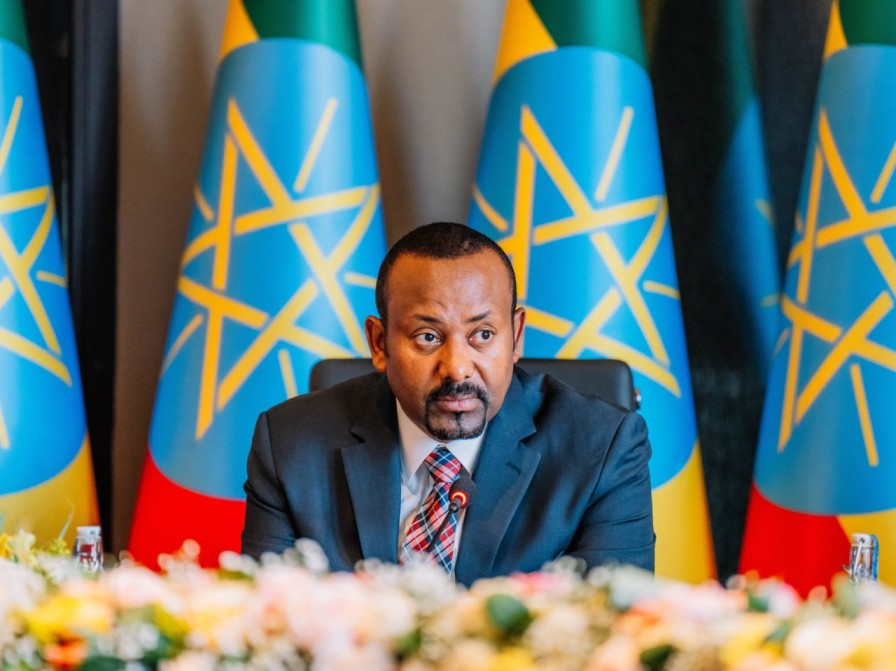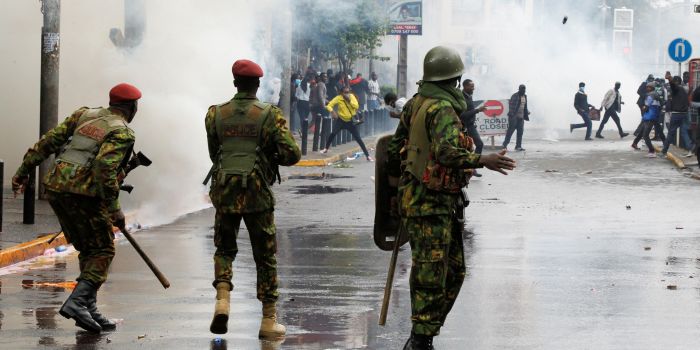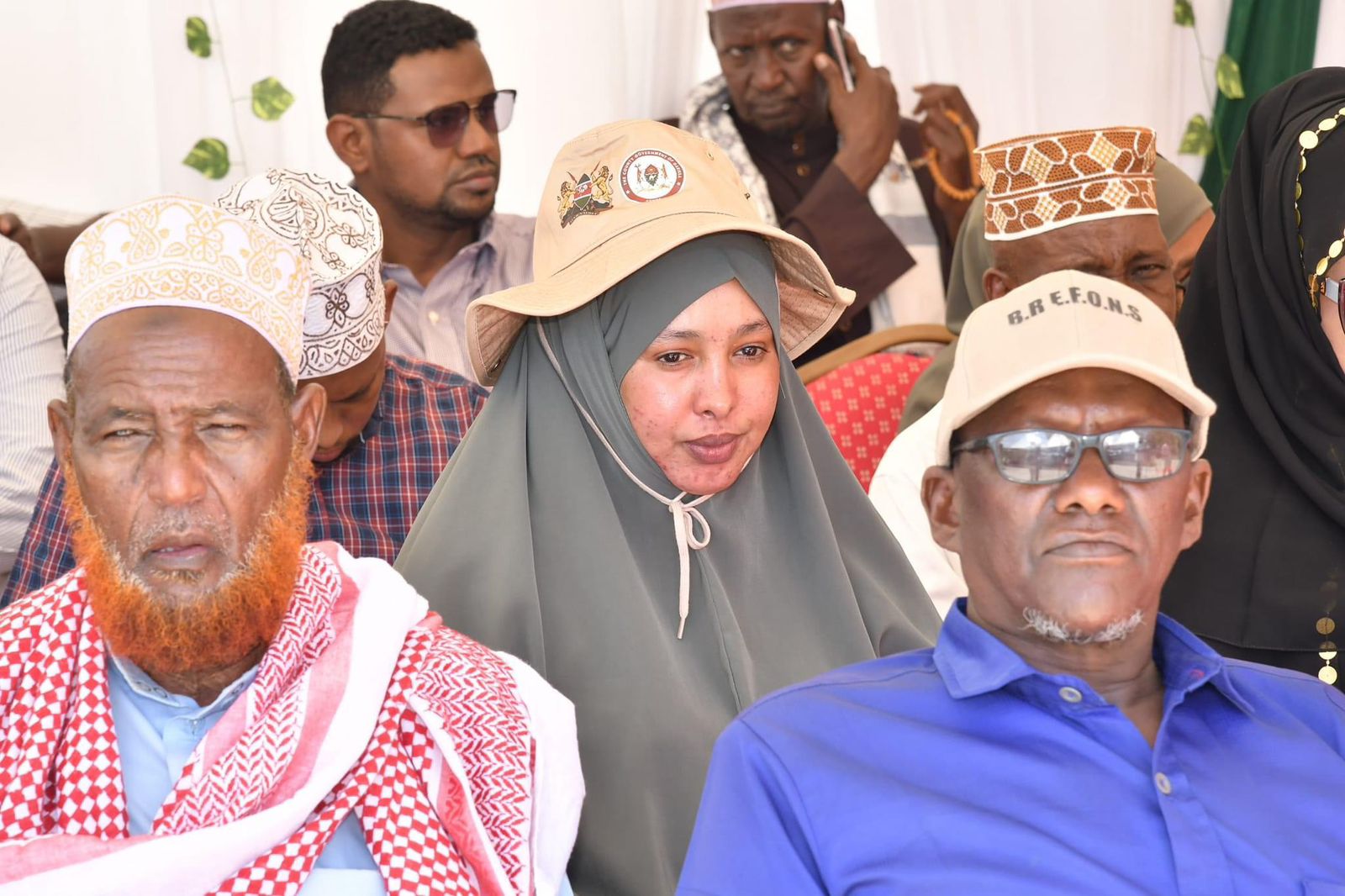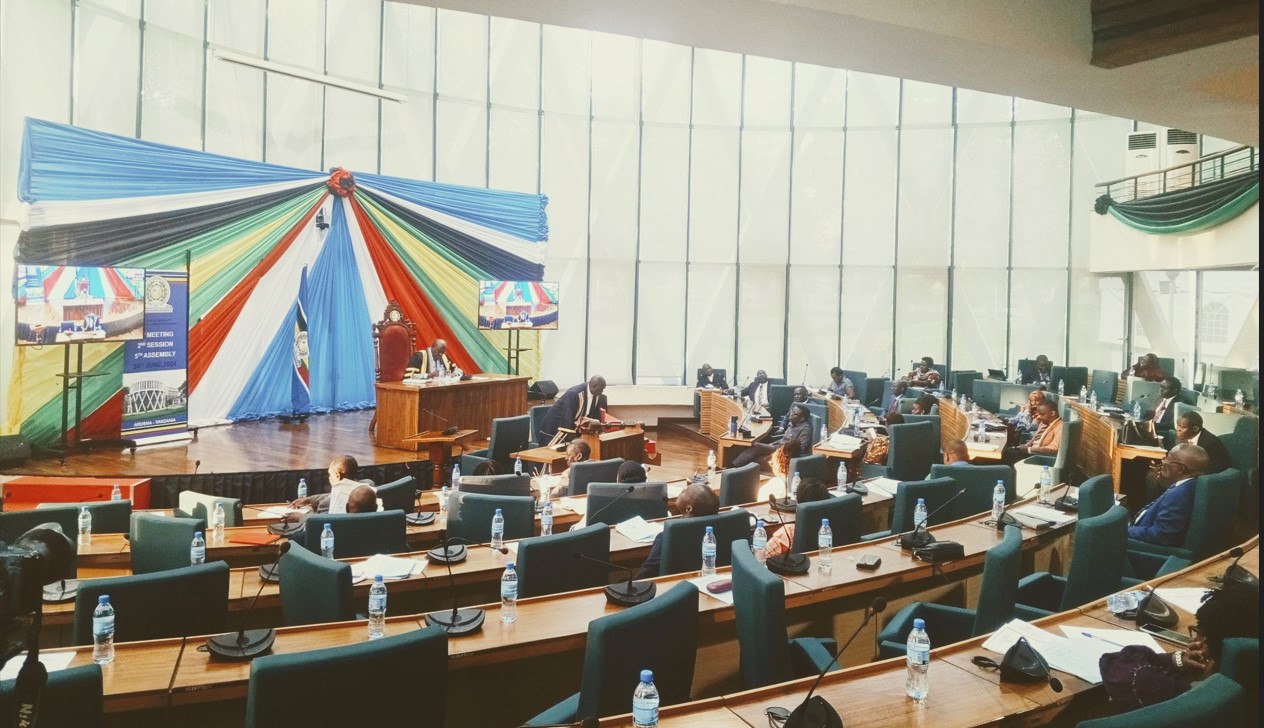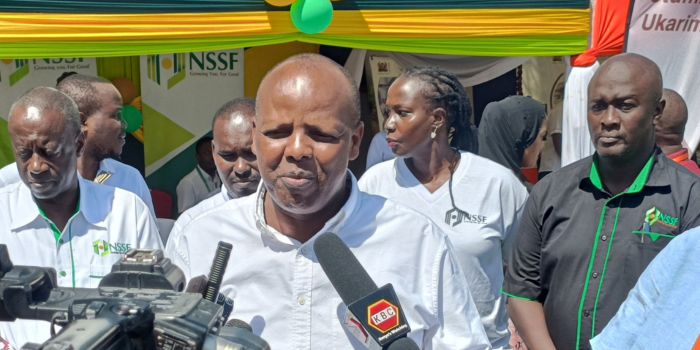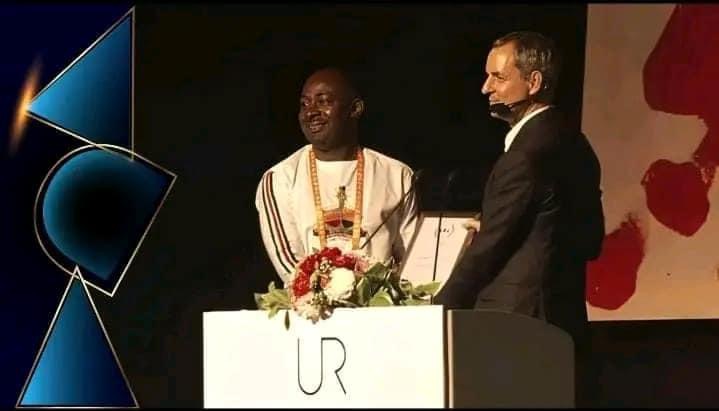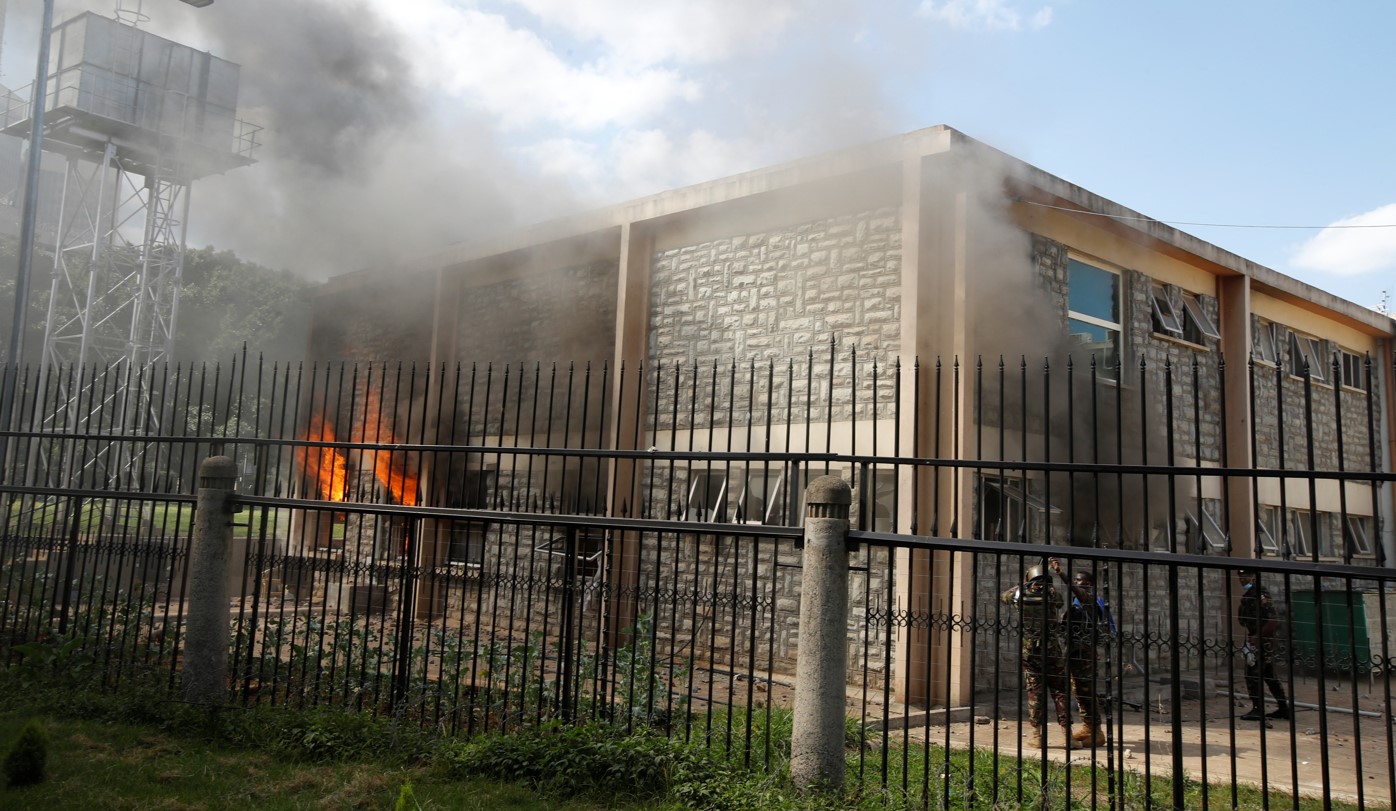How ‘Somali diaspora’ is rebuilding the economy back home, a project at a time
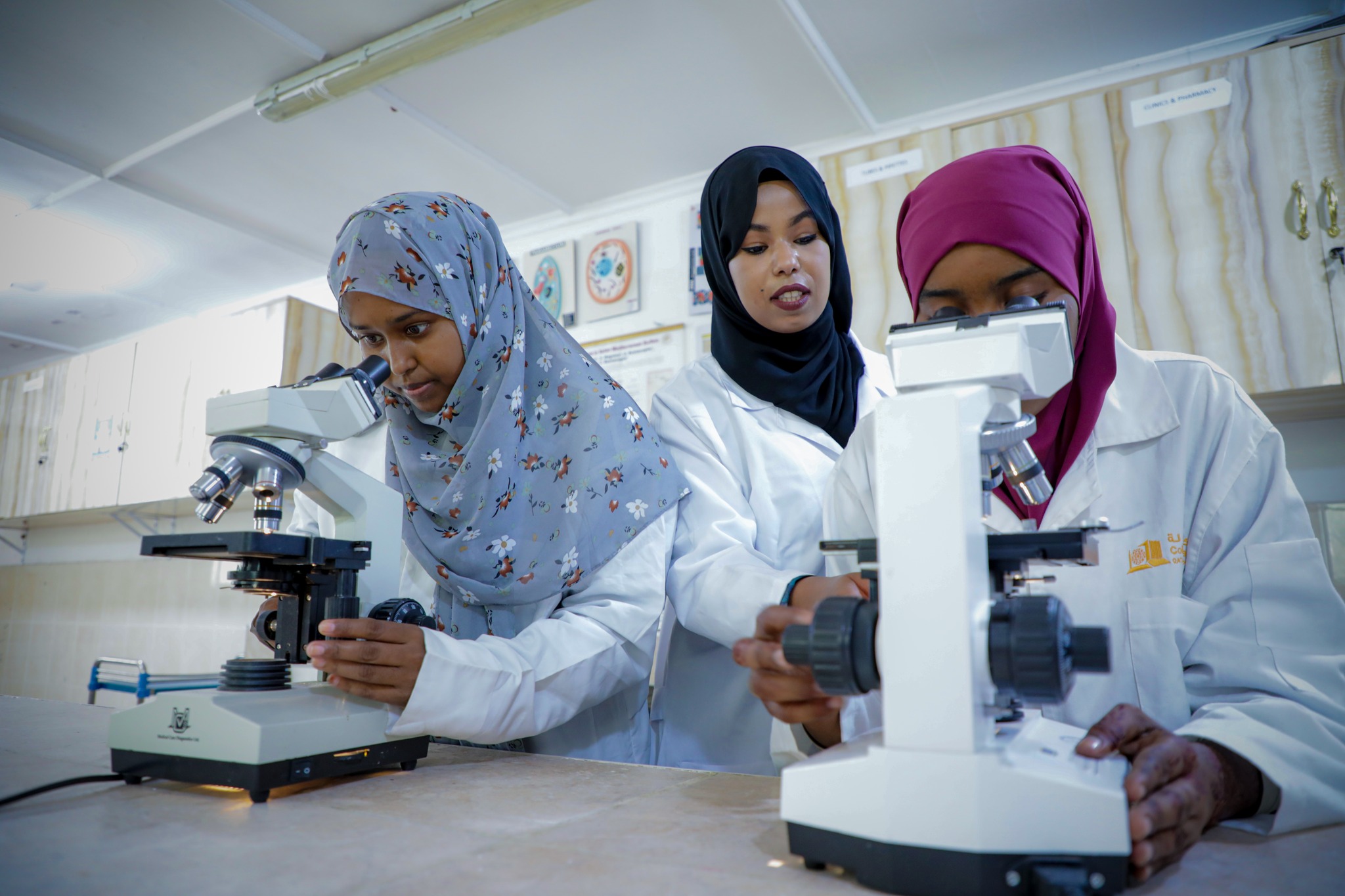
By Hanifa Adan |
The remittances are estimated to be about $1.3 billion (Sh172 billion) per year, with some 40 per cent of households in the country estimated to receive these transfers to meet their basic needs.
The Somali diaspora or Qurbajoorta refers to Somalis who were born in Somalia but live in other countries such as Europe, North America and Australia due to civil war.
Somalis are considered the most dispersed migrant group worldwide, with more than two million of their population living outside Somalia, according to the United Nations.
Keep reading
The share of Somali migrants abroad grew by 136 per cent between 1990 and 2015. Most of them emigrated as refugees and asylum seekers and have since obtained permanent residence and citizenship.
According to UN statistics, Kenya has the most Somali migrants, including refugees and non-refugees.
The Somali community is known for its selfless, communal bond which has enabled its members to intimately stay connected to their homeland.
Every year, Somalis living abroad send billions of dollars back home, boosting the country’s economy and providing essential commodities.
Remittances from the Somali diaspora serve as a crucial lifeline for the countless families and communities in Somalia.
Remittances
The remittances are estimated to be about $1.3 billion (Sh172 billion) per year, with some 40 per cent of households in the country estimated to receive these transfers to meet their basic needs.
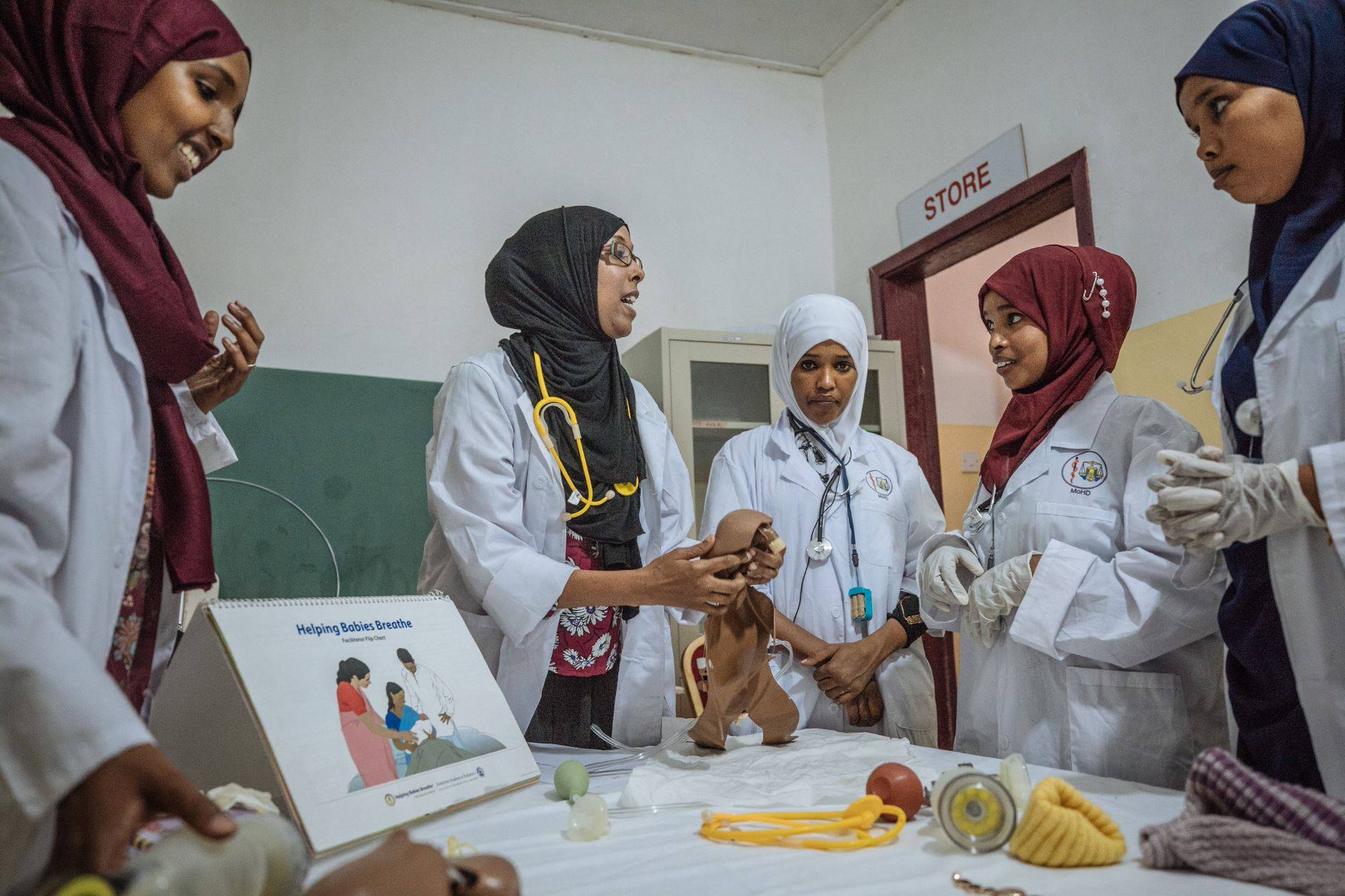 Finnish Somali nurses working in the Mida Finnsom project have participated in the reconstruction of Somalia's health sector for more than 10 years. (Photo: Mida Finnsom)
Finnish Somali nurses working in the Mida Finnsom project have participated in the reconstruction of Somalia's health sector for more than 10 years. (Photo: Mida Finnsom)
“I came to Europe when I was barely five years old under the guidance of my uncle from Somalia. My journey underscores the sacrifices made and the separation I endured from my family back home. I had a hard time adapting to a new culture and social environment but I persevered and dedicated my time to my studies which allowed me to pursue my higher education, graduating with a degree and getting a job at a reputable institution. I send money back home to help my parents out and aid in the care of my siblings,” says Amin Mohammed, a Somali living in Europe.
Amin’s inspirations extend beyond mere financial support.
“I envision a brighter future for my family – one where we can all be reunited and enjoy the stability and opportunities my county Somalia has to offer,” he says.
The Somalis in the diaspora are also participating in politics back home. For example, Mohamed Abdullahi Mohamed "Farmaajo", a Somali-American, served as the Transitional National Government’s first prime minister from November 2010 to June 2011.
He also served as president of Somalia from 2017 to 2022.
The Somali diaspora usually invests in Somalia’s enterprises and entrepreneurial ventures, boosting economic growth and job prospects.
Diaspora people develop thriving businesses in industries like agriculture, telecommunications, finance and technology by leveraging their diverse skill sets and resources obtained abroad.
Local businesses
Thirty to 40 per cent of major shareholders of local businesses are from the diaspora, with most businesses headed by them.
They include modern real estate developments and telecommunications companies in Mogadishu.
The majority of Somali diasporans long for their native country but are unable to return owing to obligations and better opportunities elsewhere.
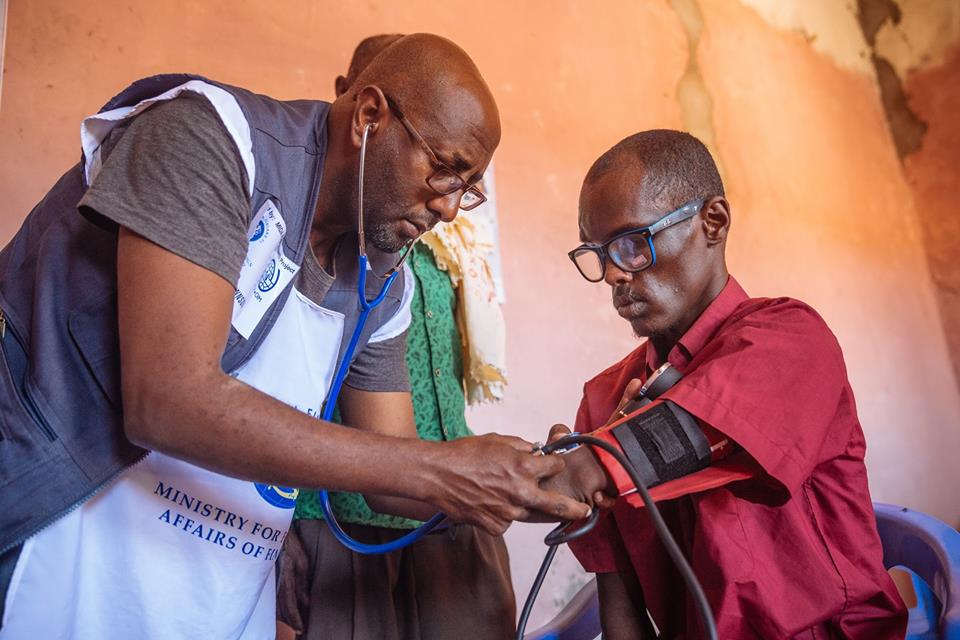 Migration for Development in Africa (MIDA) uses diasporans as major instruments in development programming that delivers long-term answers to the government. (Photo: Mida Finnsom)
Migration for Development in Africa (MIDA) uses diasporans as major instruments in development programming that delivers long-term answers to the government. (Photo: Mida Finnsom)
Fardosa Hassan, a software engineer in Ireland, describes how one never "truly belongs" in a foreign country, no matter how long.
“My journey is marked by resilience, introspection and the courage to embrace change. Despite the challenges, achievements and adaptations, I grapple with feelings of homesickness and disorientation, longing for the familiarity and comfort of my homeland,” she says.
In 2006, during a drought in the region’s South, the diaspora demonstrated humanitarianism in response to emergencies and crises in Somalia.
After creating awareness, they raised $600,000 (Sh80 million), and in four hours, the Somali Institute of Management and Administration Development (SIMAD) and other telecommunication businesses in Mogadishu raised another $100,000 (Sh13 million) through a radio fundraising programme.
The altruism also stretches to education. Bur Salaax Education Project in Puntland is a boarding school established by the diaspora where more than 320 children are given education, shelter, and food. The Somali diaspora spends more than $9,000 (Sh1.2 million) on the maintenance of the project.
Migration for Development in Africa (MIDA) uses diasporans as major instruments in development programming that delivers long-term answers to the government.
It includes components such as QUEST MIDA, Capacity Building for Somalia, CBS with 18 experts, and MIDA FINNSOM Health with 20 healthcare professionals.
The Somali diaspora also plays a vital role in preserving and promoting their culture, language, and heritage.
Through cultural events, festivals, music, literature and arts, diaspora communities around the world celebrate their identity and heritage while also sharing it with broader audiences.




